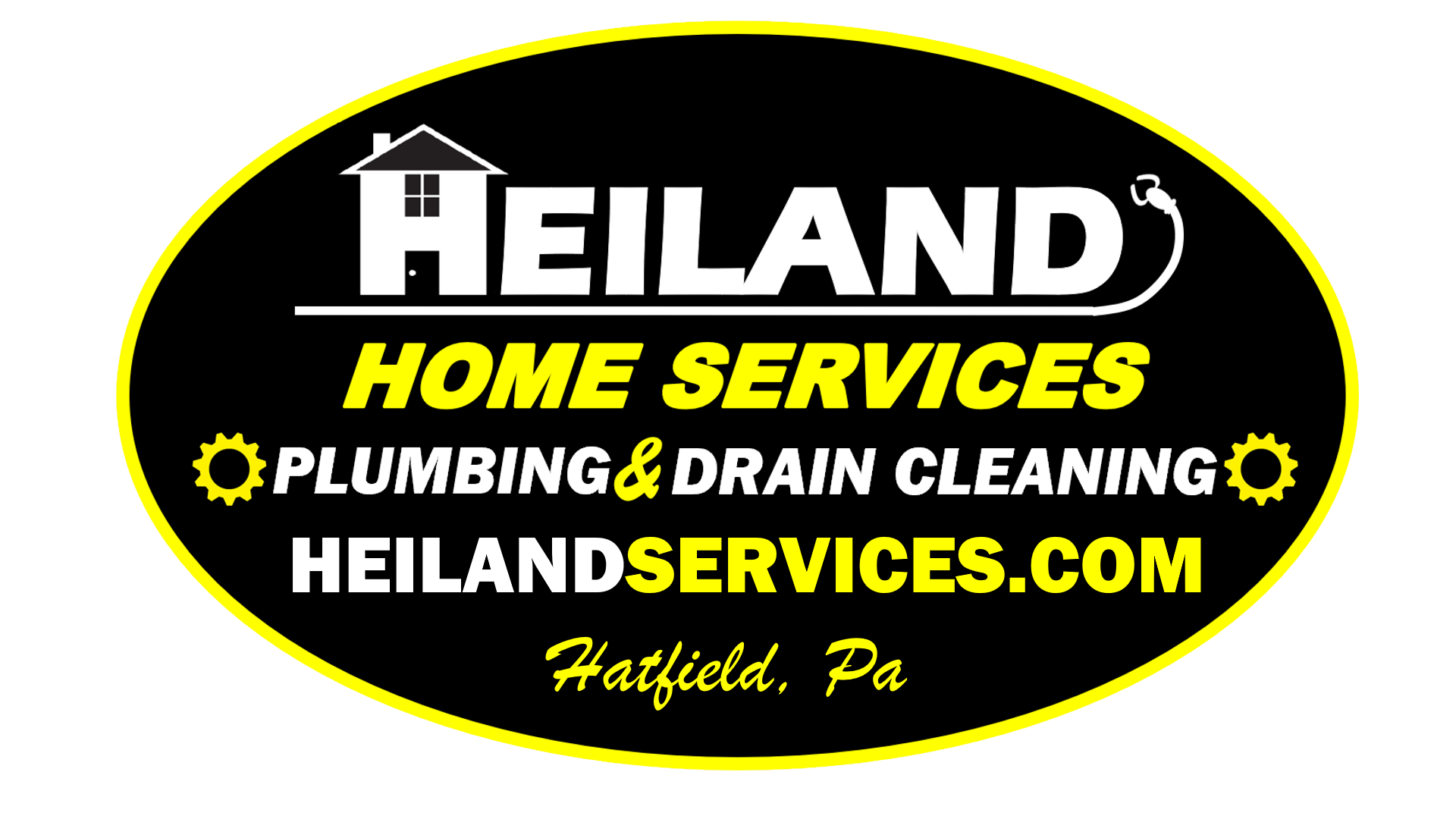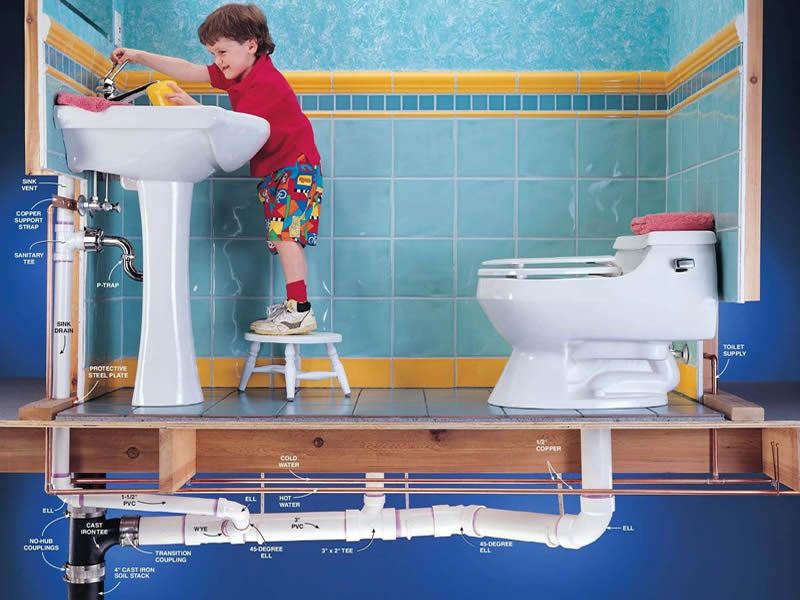FOR IMMEDIATE DRAIN CLEANING OR PLUMBING HELP PLEASE CALL (215) 990-7408
Heiland Home Services. is offering some basic plumbing and drain cleaning tips for those who like to do basic plumbing maintenance that is necessary in orer to maintain a healthy plumbing system by themselves.
First, we must advise you that most plumbing and even channel cleaning should be carried out by a professional who is qualified and properly insured. Plumbing can not only be very confusing but it can also be risky. If not done properly, it can cost you a large number of dollars in property damage.
Please make sure of a few things before you get started:
- Lookup your local code on any project you undertake
- Make sure you know everything about the project before you jump into it
- Feel free to reach us on phone for advice or help if you are unsure of anything. On this page, we will discuss only basic plumbing maintenance and preventive tips
Drain Cleaners
Did you realize that a great number of drain cleaners on the market today contain corrosive elements that can and will cause corrosion to your drainage system? A secure alternative that will save you cash in the long haul is to hire a plumber to clean out your drain or channel.
Clogged sink
In most cases, if you have a clogged sink you may need to use a machine or call a plumber to unclog your drain if it’s clogged in the wall. One common blockage you can fix yourself is if the p-trap is blocked.
In this case, all you need to do is:
- Place a small container under the drain and gradually unscrew the trap nuts until water starts to drain out.
- Once the water has stopped draining, you can take out the u-shaped part of the trap and remove the debris.
- Put back together, being careful not to cross-string the nuts, andensure you only hand tighten the drain (only on PVC or ABS slip joint drains). If it is a chrome p-trap, then you may need to use an adjustable wrench to tighten it.
- Test for leaks and if the drain blocks again, it is probably blocked inside the wall. If this occurs, you may need a professional.
Preventing Drain Blockages
Despite the fact that the drain system seems to cope with a certain amount of solid waste, the more you put down your drain, the quicker it will get clogged.
Toilets and the main sewer:
Apart from human waste, the only other debris that should go down the toilet is a toilet paper. In several situations, an item as little as a Q-tip can cause a toilet clog or blocked sewer drain. Due to a lot of sewer lines having a web of tree roots growing in them, a paper towel or a sanitary wipe can stick to the roots and remain in the drain for quite some time. You can see how this can cause a backlog of debris.
Kitchen sinks:
This is presumably the most commonly manhandled drain in the house. As a general guide, unless food waste is stuck to your dish, don’t let it down the drain, and do not dispose of any food waste in the garbage disposal. Disposalis meant to chop up all the food that comes off your dishes in order to help your sink drain after washing a large load of dishes. Avoid dumping any oil or grease down the drain as well.
Sewer Gas Smell in the house:
Smell gas in the house at any time? Call a plumber as soon as you can, as this may be a gas leak. In some cases, though, a gas smell can be as simple as a floor drain being dried out. P-traps are on all plumbing fixtures and drains as a section of pipe that is shaped like a U and it is meant to hold water in it at all times. This trap acts as a barrier to keep all the sewer gas from traveling up your pipes and into your home from the city sewer. If the p-trap on any of your drains is dry, just pour a small amount of water in each drain to make sure they are holding water.


